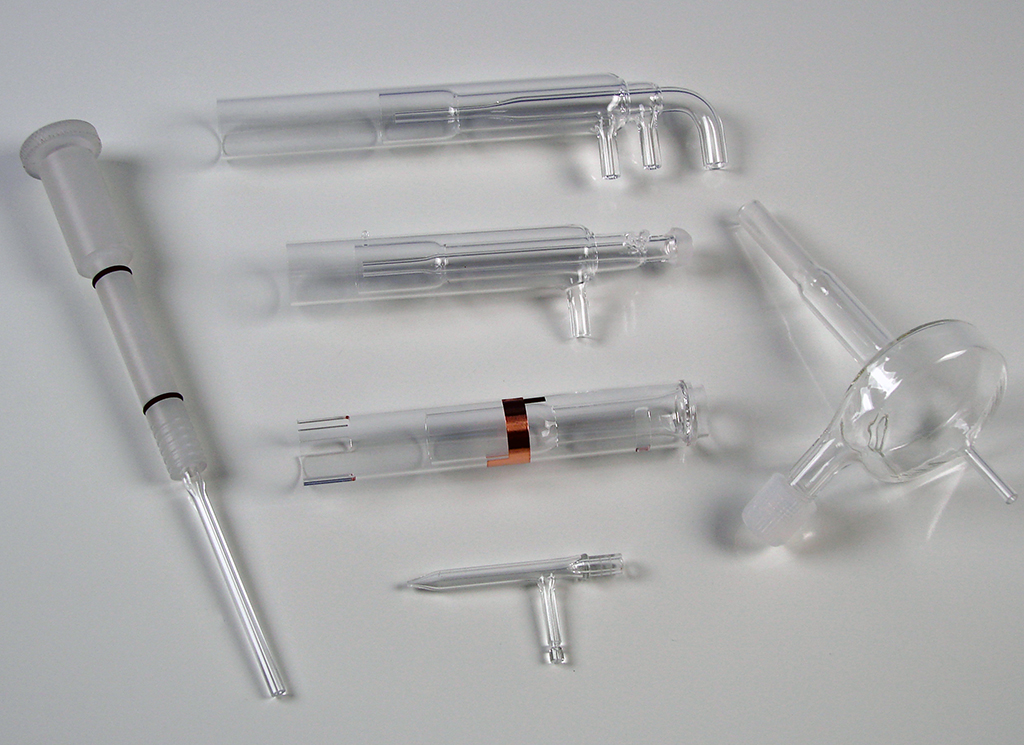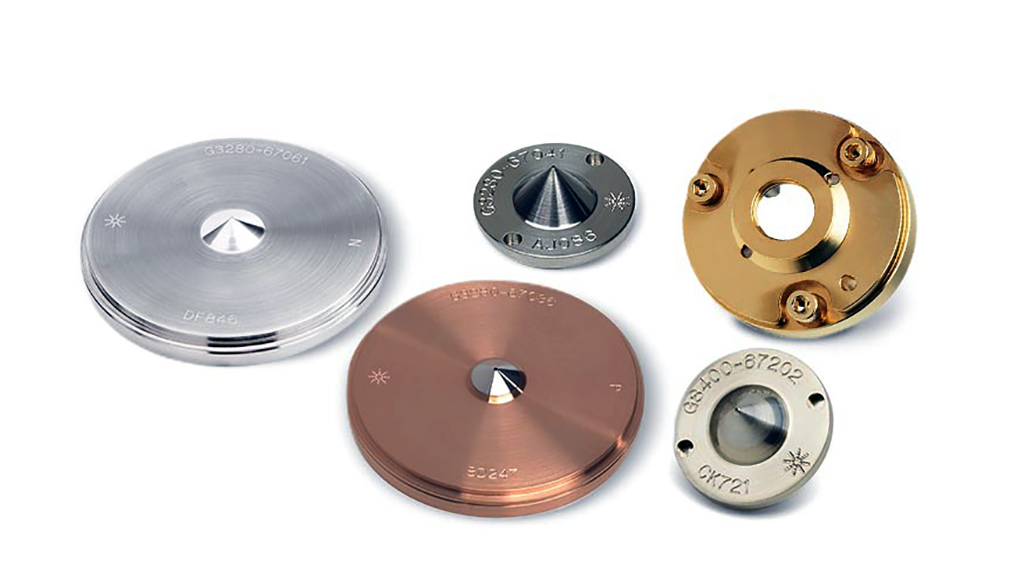
For technical questions regarding ICP & ICP-MS glassware or consumables. Or, if you wish to discuss a quote for custom ICP parts, call and ask for Jazmyn Gomez/ ICP Sales. You can also fill out the form below to contact us by e-mail.
Many ICP and ICP-MS technical issues can be avoided by following some simple steps. Below are a few things you might encounter:
- One of the key issues is the clogging of the nebulizer, injector, or interface cones. This can happen due to the buildup of solid particles or salt deposits from the sample solution. Clogging can reduce the sensitivity, precision, and accuracy of the analysis.
- Another issue is the corrosion of the interface cones. This can occur due to exposure to acidic solutions, oxidizing agents, or elevated temperatures. Corrosion can change the shape and size of the cone orifice, which can affect ion transmission and signal stability.
- A third issue is the contamination of glassware or consumables. This can occur due to the use of low-quality water, expired standards, or improper storage. As a result, contamination can increase the blank level, cause interferences, and lower the detection limits.

How to Avoid Issues with ICP and ICP-MS
To prevent or minimize these issues, it is important to follow some guidelines for troubleshooting and maintenance of ICP and ICP-MS systems.
Some of these guidelines are:
- Check the performance report and blank reading regularly.
- Rinse between samples. Then, at the end of the run, rinse with a solution that matches the sample matrix.
- Clean the torch, nebulizer, and cones periodically. In addition, be sure to inspect their condition.
- Condition the cones with your sample matrix before the analysis.
- Use high-quality water, standards, and tubing.
- Use calibrated pipettes and volumetric flasks for dilutions.
- Store your standards and samples in plastic vessels with low pH.